The Best Essential Vitamins for Women's Health and Their Benefits

Do you have mood swings or feel sick all the time? Women's health depends on vitamins, particularly for girls who deal with everyday problems like skin problems, tiredness, and hormone issues. The correct vitamins can help with these issues by promoting immunity, strength, and good overall health. Remind yourself that you are strong and that you can overcome the challenges of life by consuming important nutrients like iron, calcium, and folic acid. Keep yourself strong, take proper care of your body, and reach your greatest destiny!
Why Are Vitamins Essential for Women's Health?
In India, women's nutrition gets little attention, even though enhancing food consumption or taking supplements of essential vitamins can greatly improve health, especially in areas with limited resources. Vitamins B12 and folic acid are essential for eliminating brain development defects, while calcium and vitamin D levels can lower the risk of arthritis.
Achieving nutritional needs can be helpful for avoiding frequent deficiencies such as iron and calcium, but women often neglect their health in their busy lives of balancing their professional and personal lives. For instance, women who are deficient in calcium are more likely to get osteoporosis, while menstrual cycles are a common cause of iron insufficiency. The secret to preserving general health is being conscious and supplying these vitamin requirements.
Overview of Women’s Health Needs in India
The health requirements of women are different and wide-ranging, which demands consideration of various life stages and circumstances, particularly in India. Hormonal balance, female fertility, bone condition, and mental disorders. These are important topics that require attention.- Women frequently experience nutrient problems, such as those in calcium and iron, with the two of them contributing to osteoporosis and the initial frequently resulting in menstruation.
- Women's health is also greatly impacted by being pregnant, nursing, and menstruation, requiring specific dietary and medical treatments.
- Promoting general well-being requires regular exercise, a nutritious meal plan, and mental health care.
- Women can sustain a healthy and satisfying life by being aware of these health demands and taking proactive measures to deal with them.
In India, women's health is affected by low health literacy, especially in rural areas, where cultural taboos limit awareness. Women from marginalized communities facing greater health risks due to limited resources and access to care. Additionally, economic constraints and inadequate healthcare infrastructure hinder women’s access to essential health services.
What are the Key Vitamins for Women?
Here are some important vitamins that play a crucial role in supporting women’s health:
-
Calcium: It helps in the maintenance of healthy teeth and bones and is needed to be able to avoid losing bone density, which is especially crucial during menstruation.
-
Iron is required for maintaining healthy blood and strength, it decreases the risk of high blood pressure and is particularly good for women who have menstrual flow.
-
Folic acid, also referred to as Vitamin B9, has an important role in digestion and development of cells. It occurs to be important in the prevention of defects in the neural tube during pregnancy.
-
Vitamin C: Enhances the synthesis of collagen. Immunity booster, which helps increase the intestinal absorption of iron.
-
Vitamin D: Assists in reducing fractures and is more broadly needed to maintain immune function, regulate mood, and promote bone health. It is also called folic acid.
-
Vitamin B12 helps promote red blood cell growth, energy levels, and brain health and is very important for anyone who follows a vegan or vegetarian diet.
-
Vitamin E: The natural antioxidant aiding the good state of skin, heart, and eyes conditions while protecting cells.
Include these meals in your diet trust me, they’ll give you amazing results!
Importance of iron, calcium, and folic acid
For Skin Health:
Are you upset about the way your skin looks? To improve the skin's appearance, many women experiment with various cosmetics; however, the majority of them fail to produce what they want and may even cause skin damage. Take it easy! You can get the gorgeous glow you've always desired by using natural ingredients that maintain and improve your skin. Getting the correct vitamins that function inside your body is important.
1. Iron: It ensures that oxygen and nutrient transporters reach skin cells. Iron promotes blood flow that supports a healthy skin and protects the skin color and gives the glowing skin.
2. Calcium: Calcium maintains soft skin and evades signs of aging by supporting the regeneration of skin cells, maintaining the strength of the skin obstacle and avoiding dryness and damages to moisture in the skin.
3. Folic Acids: It heals damaged skin and brings about new skin cell growth. It makes the skin look younger by eliminating all fine lines and wrinkles, all the indicators of aging skin.
What are the Sources of Essential Vitamins?
Sources of the important vitamins are crucial for women's health, as they play key roles in maintaining overall well-being and reducing deficiencies.
1. Vitamin A is essential for women because it supports healthy skin, strengthens the immune system, and helps vision. It may be found in liver, carrots, and spinach.
2. Vitamin C, in high concentration, is also used to accelerate healing, stimulate the production of collagen for healthy, glowing skin, and enhance immunity.
3. A woman needs vitamin D to retain healthy bones. Vitamin D can be derived from sunshine, fatty fish, and fortified meals. Vitamin D does not merely bind calcium; it actually raises body functions in order to avoid risks of osteoporosis.
4.Women need vitamin B12, mainly obtained from dietary sources such as animal products, eggs, and milk products, to provide them with energy and to support their neurological functions as well as red blood cell synthesis.
5. Vitamin E is found in nuts, seeds, and vegetable oils. It is an antioxidant that impacts cells by resisting oxidative stress to help in maintaining the health of the heart.
6. For the pregnant woman, folic acid, which occurs in leafy greens, lentils and fortified cereals, plays a particularly important role in preventing birth defects and in supporting cell growth.
7. Fat and oils: Apart from leafy vegetables, broccoli and fermented foods, vitamin K plays an important role in blood clotting and bone health that help women as they get older.
Proper intakes of these vitamins with well-balanced nutrition can help women lead a healthy lifestyle and avoid chronic diseases.
Food-based approaches have resulted in a significant improvement in the micronutrient status but do not impact maternal and child health to birth weight. Although all required micronutrients can be drawn from diverse diets, very little is supported by national programs.
Studies indicate that exclusive breastfeeding might greatly reduce stunting and wasting, though unfeasible to measure because the pattern of feeding differs, as well as sample size is required. Further trials are needed based on the effects of exclusive breastfeeding on stunting.
Best dietary sources for women
In India, leafy greens that are high in iron and folate, such as spinach and methi, are the best nutritional sources for women.
- Legumes and lentils supply vital iron and protein. For healthy bones, dairy-based items like curd and milk are rich in calcium and vitamin D.
- Nuts and seed mixtures, such walnuts and almonds, provide antioxidants and good fatty substances.
- Vitamin C and fiber are abundant in fruits including papayas, oranges, and guavas.
- B vitamins and fiber are found in whole grains like the substance and brown rice. Vegetables, eggs, and fatty fish promote healthy skin, muscles, and hearts.
Indian women can meet their nutritional demands and advance their long-term health and well-being by including these items in a balanced diet.
What are the recommended supplements for women to support overall health and well-being?
Depending on age, health, and food consumption, several supplements are advised for women. However, some of the most often suggested supplements are as follows:
- Iron: Prevents anemia and provides energy, especially in reproductive women. It will particularly be important if you are not getting enough iron from what you eat.
- Folic Acid: This supplement is critical for women of childbearing ages and those who are already pregnant. Folic acid prevents birth defects and develops cells.
- Vitamin D: It helps in the development of calcium, which can be very important to everyone, especially women who hardly get enough sun or consume such food.
- Calcium: Crucial for maintaining healthy bones in adult women; prevention of osteoporosis and for the strengthening of bones post-30 years.
- Omega 3 Fatty Acids: Healthy impacts on health hence lessen inflammation; especially at preventing risk in females patients suffering from cardiovascular conditions.
- Vitamin B12: Boosts energy as well as maintains nerve functioning; therefore more crucial in vegetarians as well as old women at greater risks due to low levels of B12.
Before beginning any supplementation, it's crucial to talk with a healthcare professional to be sure it's right for what you need.
When to consider vitamin supplementation?
- Being pregnant is considered one of the most significant periods; a pregnant woman needs much more folic acid, iron, and calcium to produce for the baby's support and for herself.
- Age-Related Requirements: Older women may require supplements such as calcium and vitamin D to help maintain bone strength and minimize the risks of osteoporosis.
- Nutritional Deficiencies: If you have deficiencies of any other essential vitamins from your diet, supplementation would be necessary to bridge those gaps.
- Medical Conditions: Some diseases require specific vitamin supplementation because appropriate management is impossible. Examples include anemia, malabsorption disorders or any other condition that may limit absorption.
- You require vitamin D supplements if you spend less than a few hours out in the sun in a week.
Women’s nutrition has gained attention recently, largely due to its impact on child growth and early stunting, which often begins at birth and occurs significantly by six months, as seen in Malawi. Research suggests that maternal nutrition during pregnancy and breastfeeding may play a role, prompting interest in multivitamin and mineral supplements to reduce stunting in infants.
Conclusion:
Overall, essential vitamins contribute significantly to the health support cycle of women's lives- be it holding strength to their bones or building immunity. It is very vital in India that a good amount of A, D, B12, and folic acid amounts are imbibed as these help to avoid deficiencies and keep the women healthy. With a supplement-rich diet mixed with essential foods, women can manage their needs well. India is trying to overcome health awareness issues, nutrition education is helping many women make better decisions about their lives. A healthy lifestyle is promoted through the provision of these vitamins, so women can feel and enjoy a healthy future.
FAQ’s:
1. What are the most important vitamins for women's health?
The most important vitamins for women are Vitamin D, which ensures that their bones are strong and healthy; Vitamin B12 for energy; and Folic Acid enables women's reproductive health. Vitamin A and Vitamin C complement good immunity, skin, and vision.
2. How can I get enough iron in my diet?
You can get enough iron by consuming red meat, lentils, and spinach. Eating these with Vitamin C sources like citrus fruits would improve absorption.
3. Are multivitamins beneficial for women?
Multivitamins are useful to women through filling nutritional gaps, especially of the key vitamins such as D, B12, and folic acid. They possess an advantage of strengthening bones, supporting the immune system, and enhancing reproductive health.
References:
1. Murphy SL, Xu J, Kochanek KD, et al. Deaths: Final Data for 2018. Natl Vital Stat Rep. 2021;69(13):1–83. [PubMed]2. National Institutes of Health Office of Dietary Supplements. Nutrient Recommendations: Dietary Reference Intakes (DRI). https://ods.od.nih.gov/health_information/dietary_reference_intakes.aspx. Accessed: July 31, 2020.
3. Manson JE, Bassuk SS. Vitamin and Mineral Supplements: What Clinicians Need to Know. JAMA. 2018;319(9):859–60. PMID: 29404568. 10.1001/jama.2017.21012 [PubMed] [CrossRef]
No comments


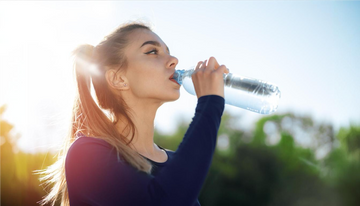





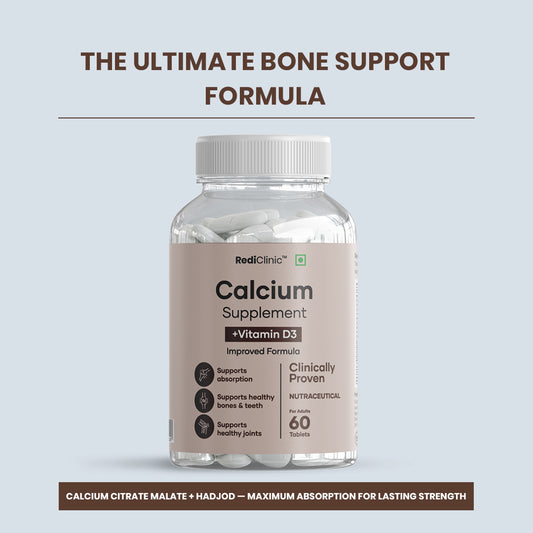
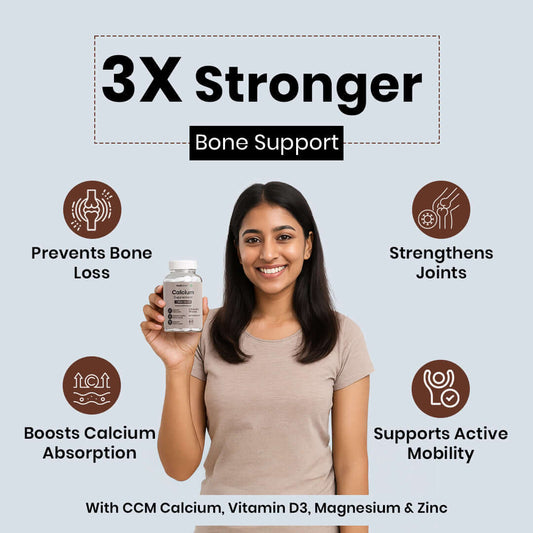
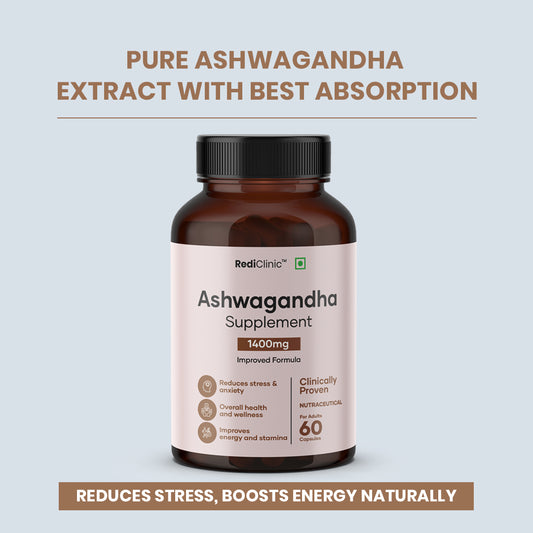
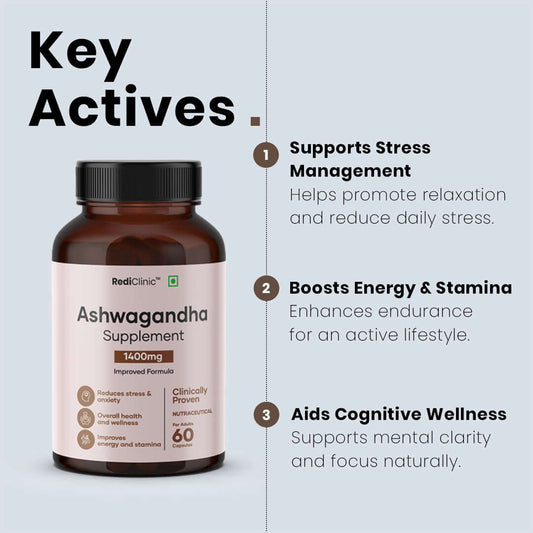
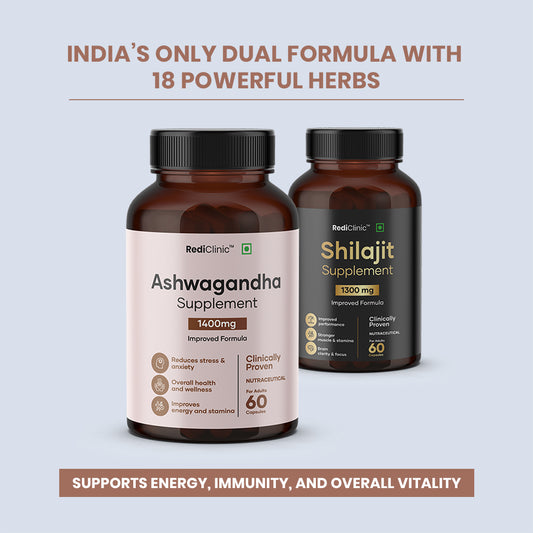
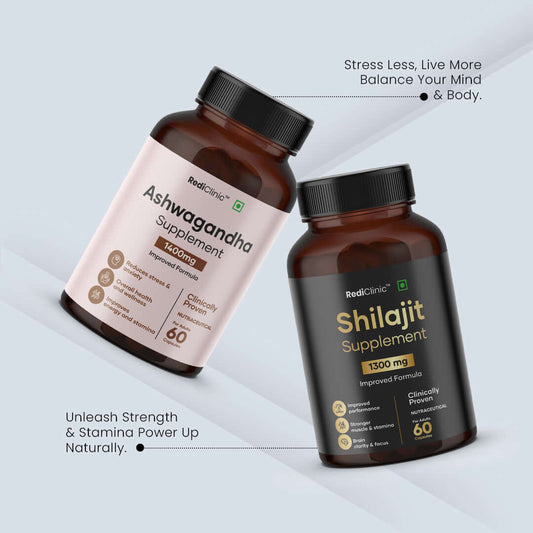
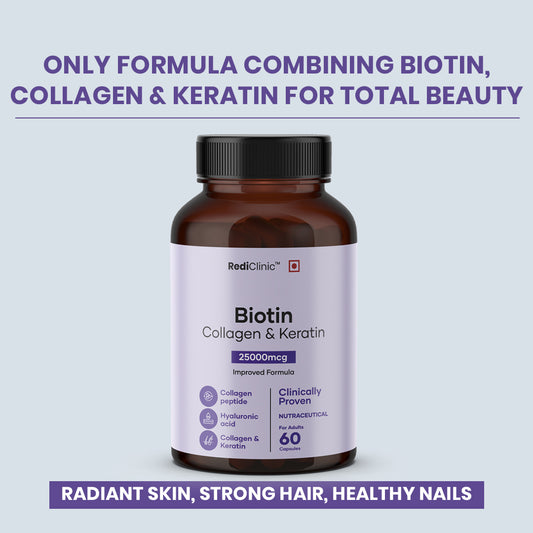
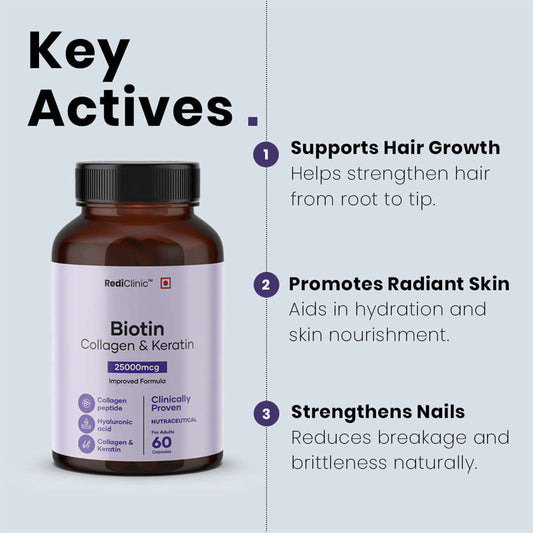
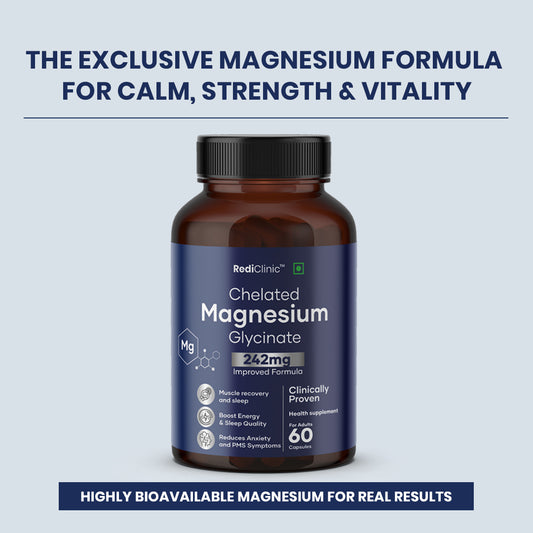
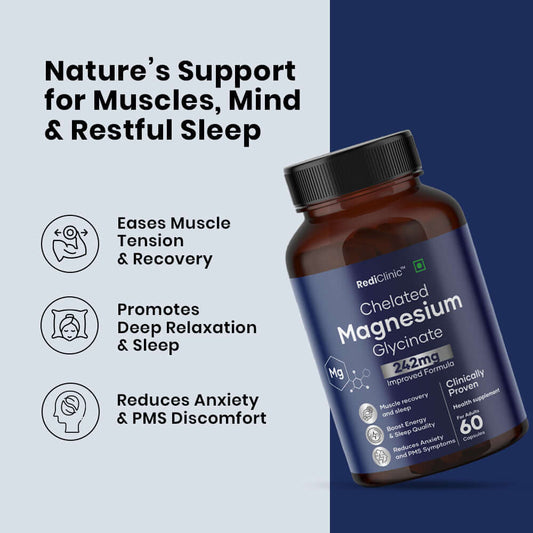

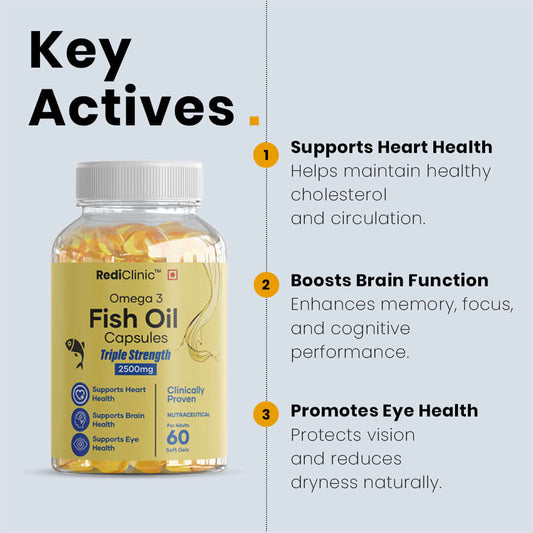
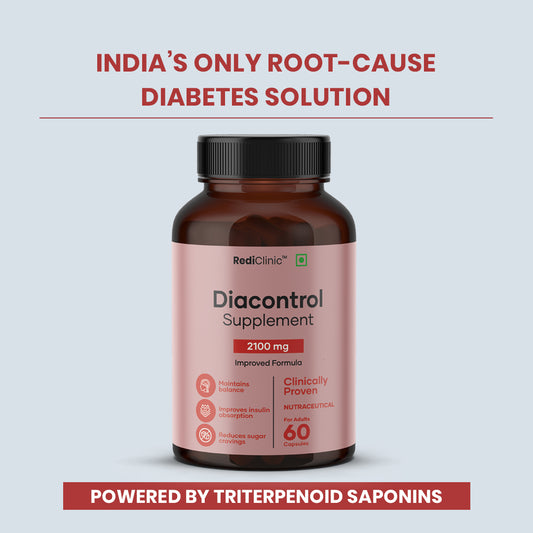
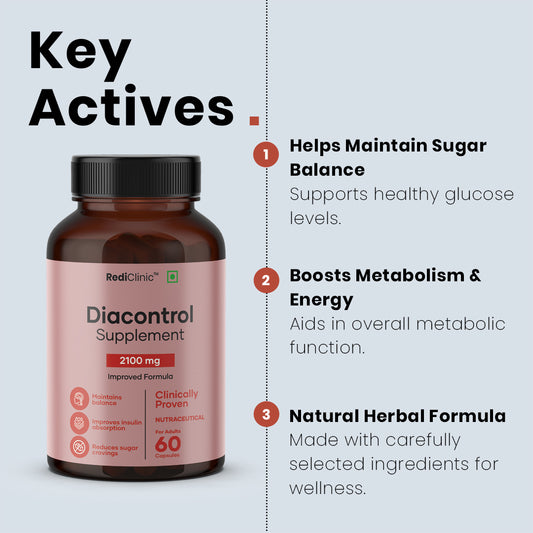
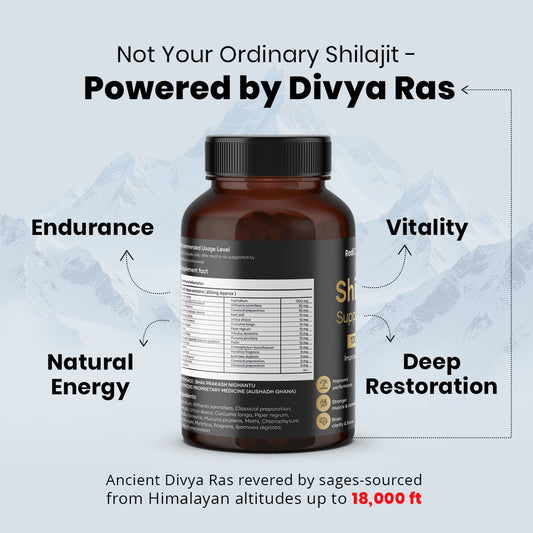
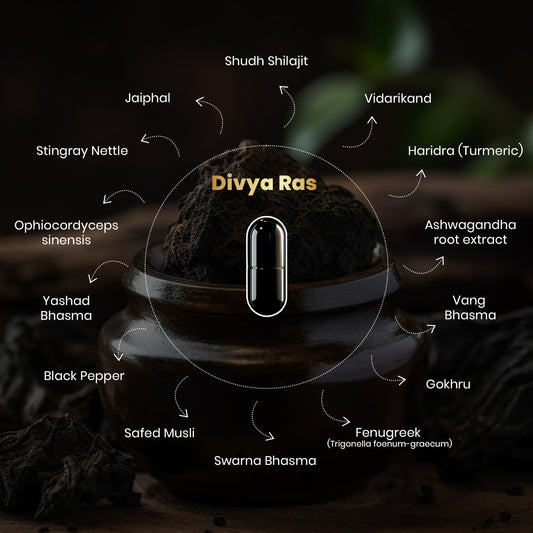


0 comments